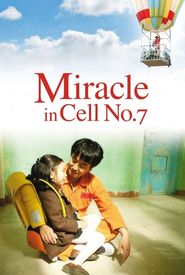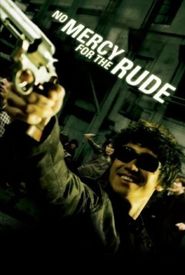Ki-su Park is a renowned figure in the world of cinema, with a career spanning multiple decades and a plethora of notable film credits to his name. Among his most iconic and enduring works is the 2004 war drama "Tae Guk Gi: The Brotherhood of War", a powerful and emotionally charged exploration of the complexities of war and the bonds of brotherhood.
Prior to his work on "Tae Guk Gi", Park had already established himself as a talented and innovative filmmaker with a string of successful releases in the 1960s and 1970s. His 1968 film "Naega banyeokjanya" showcased his ability to craft compelling narratives and characters, while his 1970 film "Hwangyaui wipali" demonstrated his skill in blending drama and comedy to create a unique and engaging cinematic experience.
Throughout his career, Ki-su Park has consistently pushed the boundaries of Korean cinema, experimenting with new styles and techniques to create a distinctive and unforgettable body of work. His dedication to his craft has earned him a reputation as one of the most respected and beloved filmmakers in Korea, and his films continue to captivate audiences around the world.









































